-
The Way Up To Heaven by Roald Dahl Short Story Analysis
“The Way Up To Heaven” is a short story by Roald Dahl. Find it in Dahl’s Kiss, Kiss collection (1959). If you don’t much like elevators, this story won’t do you any favours. WHERE TO LISTEN You may be able to unearth the BBC dramatization of this short story somewhere e.g. on YouTube. “The Way […]
-
The Landlady by Roald Dahl Analysis
Have you ever arrived alone in a new town at dusk, faced with the task of finding a safe and affordable place to spend the night? If so, did you manage this without the use of a smartphone, the Internet and Google reviews? One of my favourite narratives about this experience is by Bill Bryson, […]
-
Henry Sugar by Roald Dahl: A Gay Love Story
“The Wonderful Story of Henry Sugar” is a 1977 short story by Roald Dahl, and the title of the collection containing seven stories altogether: In 2023, Wes Anderson adapted several Roald Dahl stories for film. “Henry Sugar” was one of them. THE RESONANT IMAGERY OF “HENRY SUGAR”: MONEY SCRAMBLE If you’re a fan of Breaking […]
-
The Swan by Roald Dahl Short Story Analysis
Roald Dahl did his level best to ruin swans for us. Personally, I didn’t need Dahl’s input in that regard. None of this is the poor mother swan’s fault. This story ruins swans by association. If you haven’t read it yet, be warned. The story features animal cruelty and bullying.
-
Poison by Roald Dahl Short Story Analysis
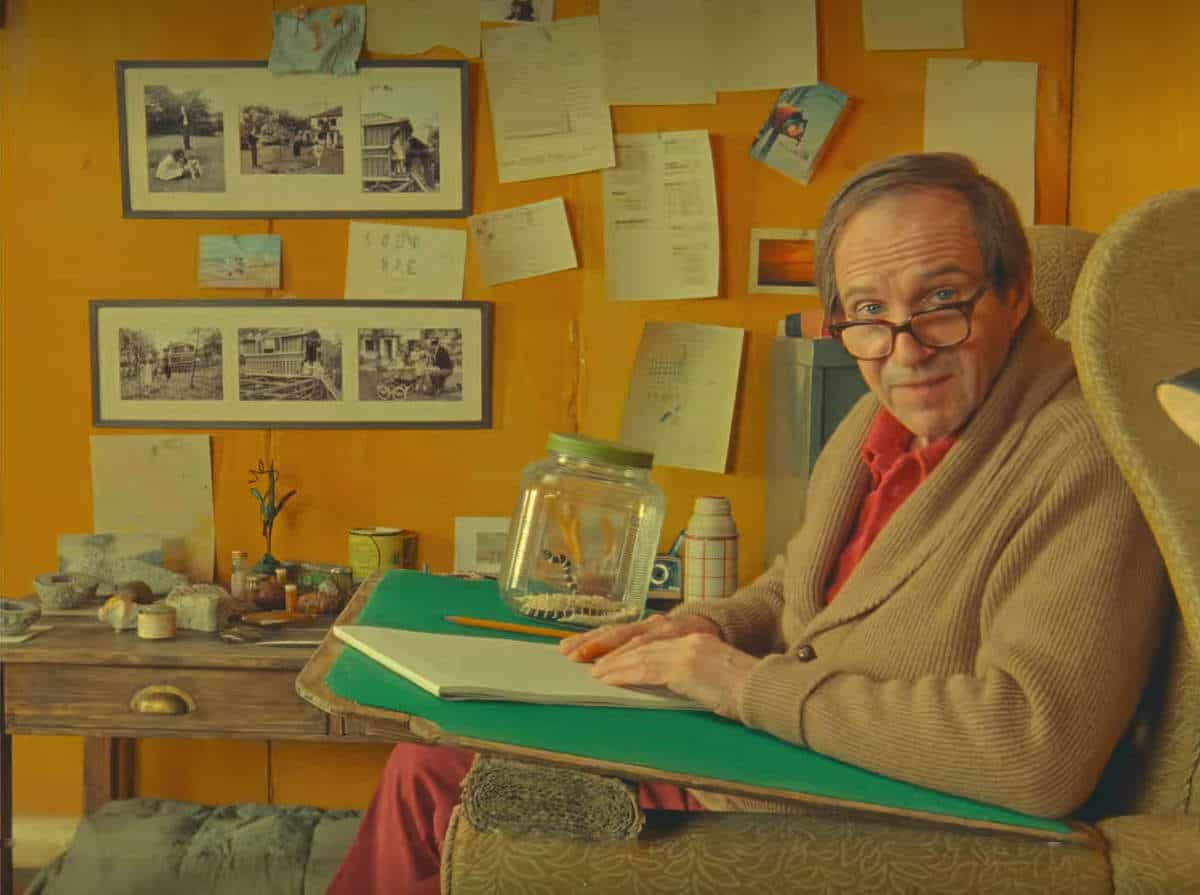
“Poison” is a short story by Roald Dahl. Find it in Someone Like You, first published in 1953. A man discovers a poisonous snake asleep in his bed.
-
The Hitch-hiker by Roald Dahl Short Story Analysis
“The Hitch-hiker” is the second short story in Roald Dahl’s 1977 collection The Wonderful Story of Henry Sugar and Six More. This story was originally published in the July 1977 issue of the Atlantic Monthly. Find it also in Dahl’s Eight Further Tales of the Unexpected, a section of The Collected Short Stories of Roald […]
-
Mrs Bixby and the Colonel’s Coat by Roald Dahl Short Story Analysis
“Mrs Bixby and the Colonel’s Coat” is a misogynist short story by British author Roald Dahl, and an excellent example of Hate Your Wife humour. You’ll find it in Dahl’s 1959 collection Kiss, Kiss. I call this story “Mean-spirited Gift of the Magi”. WHERE TO LISTEN You may be able to unearth the BBC dramatization […]
-
The Butler by Roald Dahl Short Story Analysis
“The Butler” is a lesser-known short story by Roald Dahl. Find it in Eight Further Tales of the Unexpected, included in The Collected Short Stories of Roald Dahl, first published 1992.
-
The Ratcatcher by Roald Dahl Short Story Analysis
Run with rats you become a rat.
-
Danny The Champion Of The World by Roald Dahl Novel Study
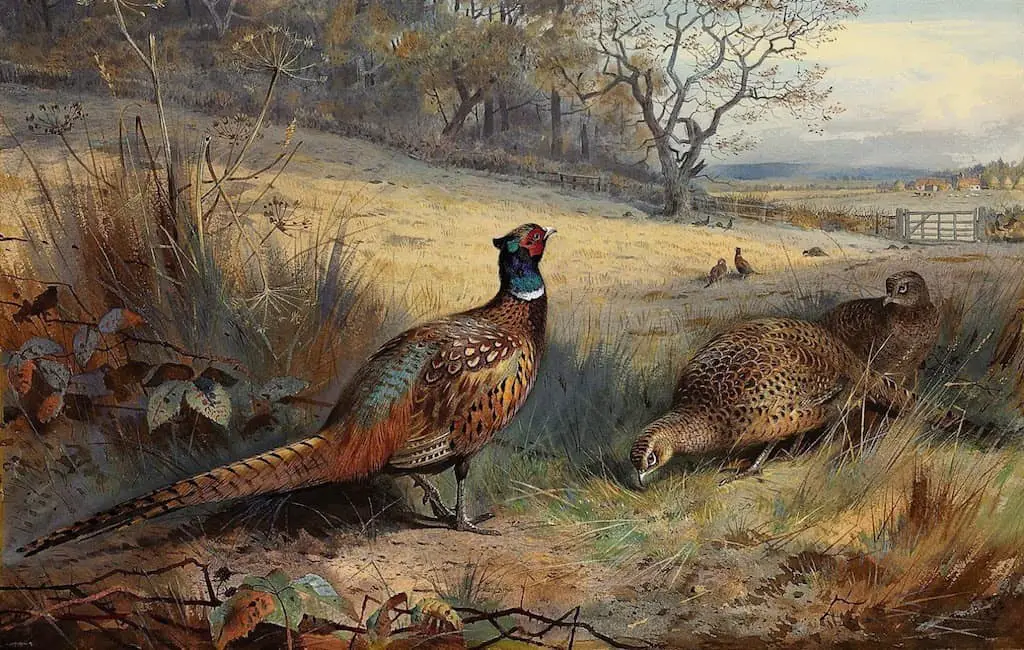
As an English speaking child of the 80s I grew up on a heavy diet of Roald Dahl. Danny The Champion Of The World (1975) stands out in my adult memory my favourite Dahl story, perhaps only bested by the frisson of horror left by The Witches (in which I actually examined my J2 teacher, thinking she might be a…
-
Zoomorphism and Chremamorphism
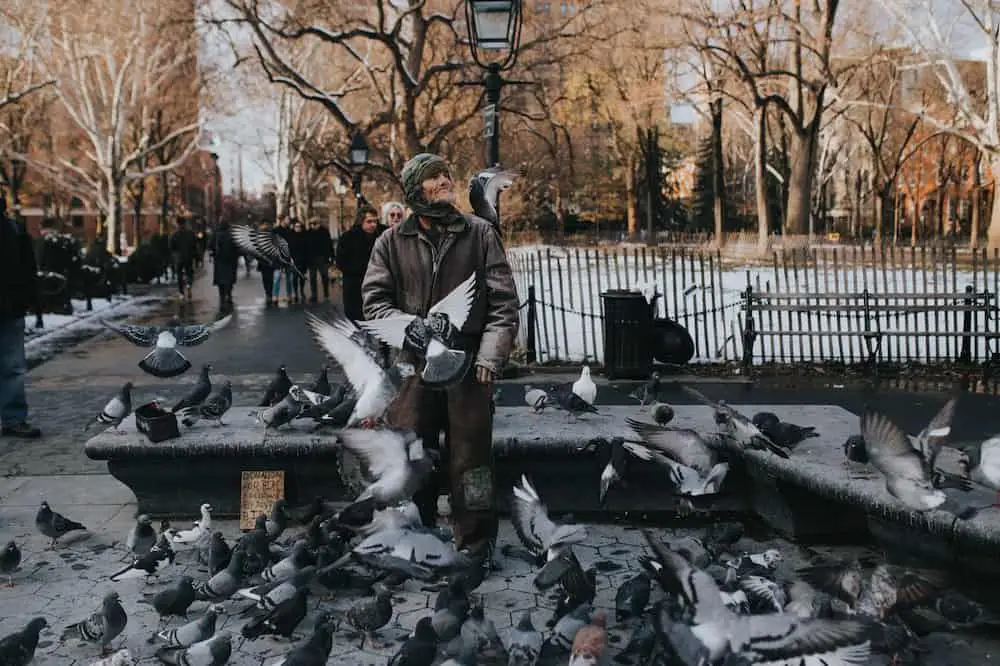
Both personification and anthropomorphism are types of metaphors. But what do you call it when it’s the other way round? i.e., when a human being is compared to an animal by virtue of animal characteristics?
-
Back For Christmas by John Collier Analysis
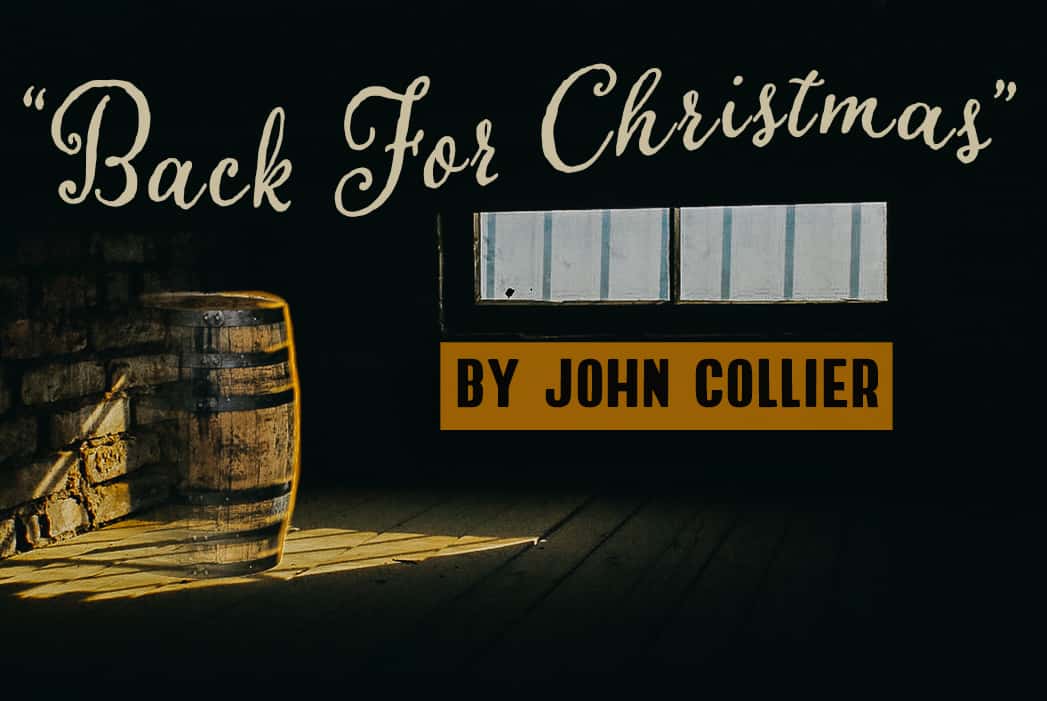
As soon as I read “Back For Christmas” by John Collier (1939) I thought of Roald Dahl. Sure enough, I google both names in a single search and learn that, for Dahl, among many other male writers, Collier is listed as a heavy influence. Credit where credit is due, though: Roald Dahl’s two most famous […]
-
Lamb To The Slaughter by Roald Dahl Analysis
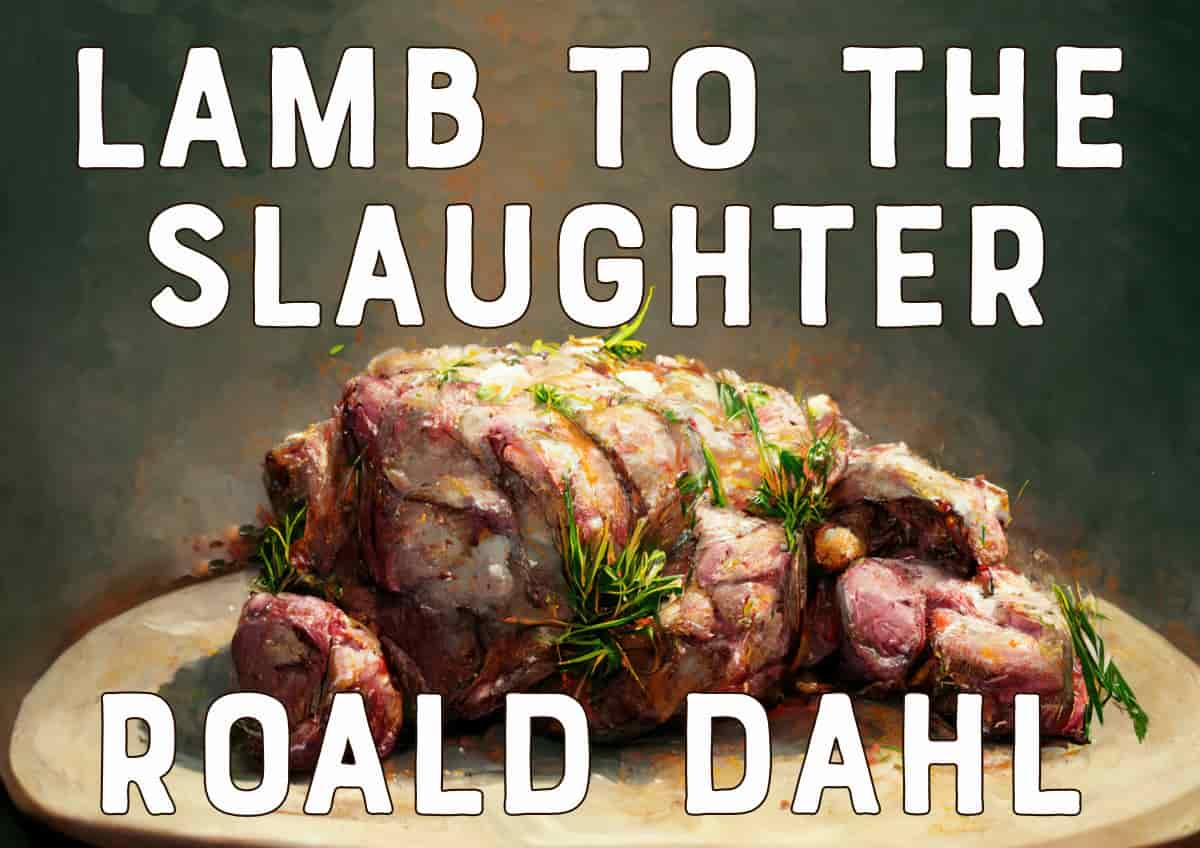
“Lamb to the Slaughter” is one of Roald Dahl’s most widely read short stories, studied in high school English classes around the English speaking world. In this post I take a close look at the structure from a writing point of view. Why has this story found such wide love? What appeals?
-
Matilda by Roald Dahl Novel Study
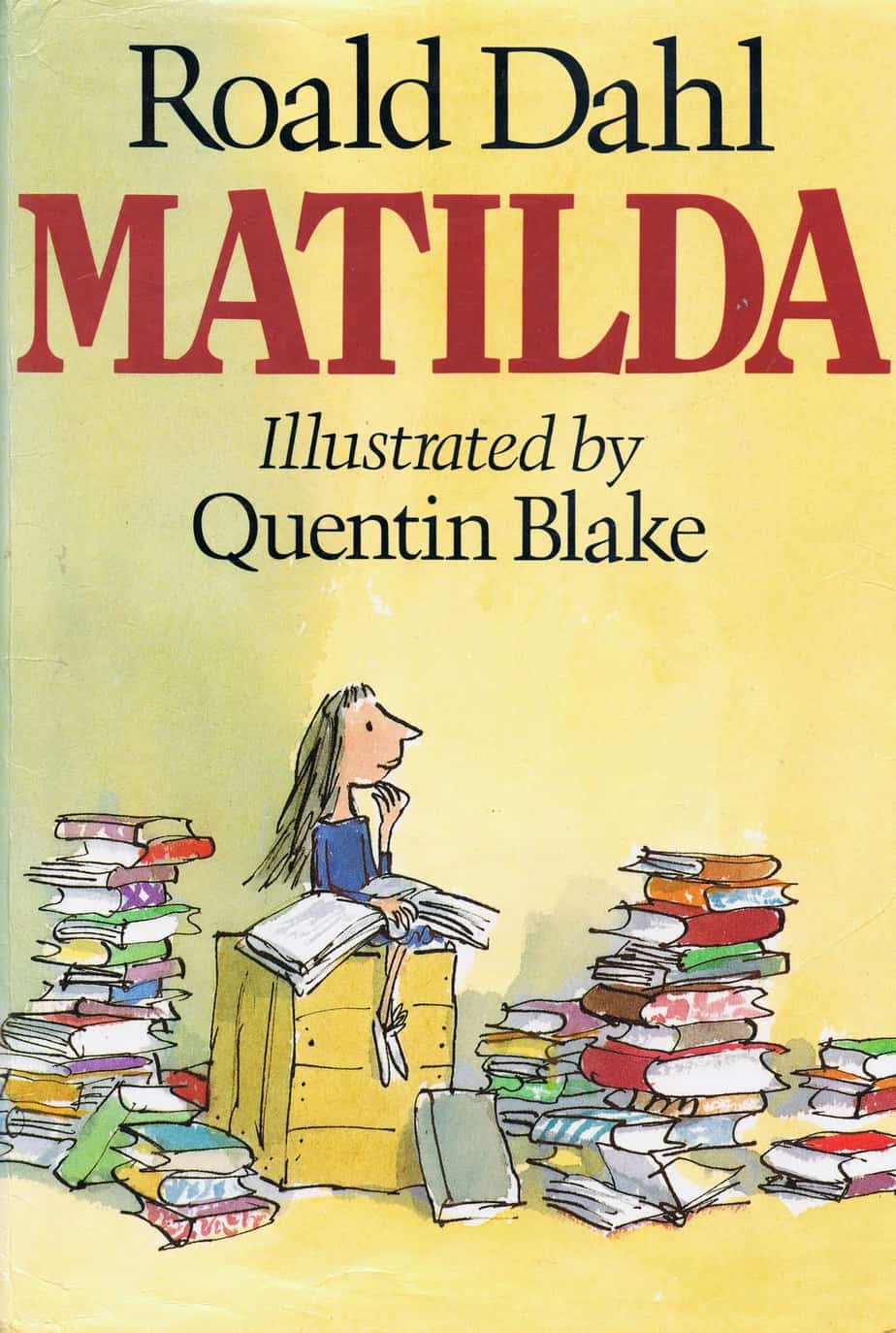
Matilda is a classic, best-selling children’s book first published in 1988. This story draws from a history of children’s literature such as classic fairytales and Anne of Green Gables. Matilda was written by Roald Dahl, but significantly improved by a talented editor and publisher, Steven Roxburgh. For half of his writing career, Dahl wrote for adults. […]
-
Fabulism In Children’s Literature
FABULISM: WHAT IS IT? In fabulism, fantastical elements are placed in an everyday setting. It’s called ‘fabulism’ because authors are playing with realism by making use of elements of fable. For the definition of a fable, see here. COMMON FEATURES OF FABULIST FICTION The Bloody Chamber and Other Stories by Angela Carter is a collection […]